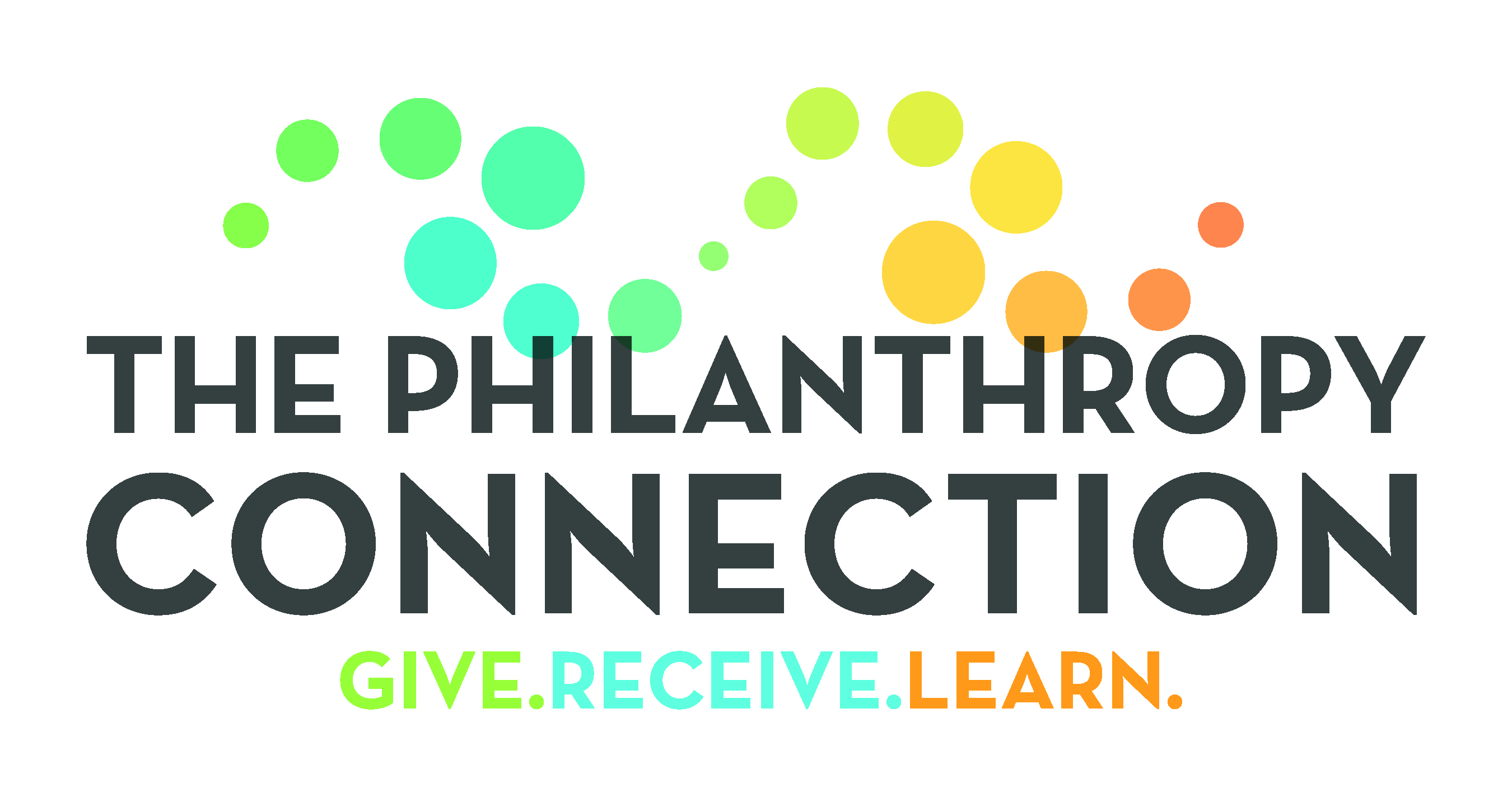 Boston Court Appointed Special Advocates (CASA) promotes the best interests of children involved in abuse and neglect cases in the Suffolk County juvenile court system. Community volunteers serve as advocates who work to ensure that these children have safe and permanent homes. Boston CASA’s Executive Director, Charles Lerner, a former foster youth, talks about the organization’s commitment to serving these children so that they can find permanent homes and improve their lives.
Boston Court Appointed Special Advocates (CASA) promotes the best interests of children involved in abuse and neglect cases in the Suffolk County juvenile court system. Community volunteers serve as advocates who work to ensure that these children have safe and permanent homes. Boston CASA’s Executive Director, Charles Lerner, a former foster youth, talks about the organization’s commitment to serving these children so that they can find permanent homes and improve their lives.
Q: Charles, tell us about Boston CASA and how the TPC grant supports your work.
Up until 2012, Boston CASA was an arm of the juvenile court system, at which time it organized as a separate 501(c)(3), which is when I joined as the first Executive Director. During its first year, Boston CASA served 60 children and since that time we have experienced 20% growth annually with the goal of serving 250 children by 2019. Currently, only 15% of children in the juvenile court system receive CASA volunteers, so there is significant room for growth. TPC funds are being used to augment our staff through the addition of another volunteer supervisor. Supervisors ensure that resources are assigned appropriately and that volunteers receive intensive training and ongoing support to be an effective child advocate.
Q: What are some special challenges that you encounter in the Boston area?
In Boston it is particularly challenging to place teenagers through the foster care and adoption system. Without the services of Boston CASA, older children tend to get lost as they “age out” of foster care, often resulting in incarceration and homelessness once past the age of 18. In partnership with the Attorney General’s Office, the agency is providing advocates for these youth so fewer have to go it alone as they enter adulthood.
Q: Tell us about someone your organization has served who stands out for you.
We worked with a family of three siblings who originally entered the CASA program at ages 6, 9, and 15, all of whom had resided with their mother and stepfather in a home characterized by sexual abuse and neglect. When first assigned to CASA, the eldest was in a group home and the younger siblings were in foster homes. The older child ran away for several months ultimately returning to Boston, pregnant, at 17. The Boston CASA volunteer stayed with her through her delivery and supported her as she obtained her first job, an apartment, furniture, and baby equipment. At the same time, the volunteer visited the younger siblings frequently. After four years in the foster care system, their adoption was finalized last month. One devoted volunteer can change the life of three children in remarkable and life-sustaining ways.

Q: What is most gratifying about your work?
I’ve been excited to see the organizational growth in terms of service to children, but also in the increased awareness of Boston CASA’s services in the general community. I am continually humbled by the many volunteers and their commitment to the children. As a child of the foster system, I was not fortunate enough to have a dedicated advocate, and I believe strongly in offering our clients a support network that can alter their lives, both through tangible services and enhanced emotional growth. Once paired with a volunteer, children learn that people can be generous and loving in a way that helps them move through earlier patterns of neglect and abuse.
Q: If TPC members want to help Boston CASA, what are the options?
Most urgently, we need assistance to improve our website, to develop and implement public relations strategies. We always want to find people interested in hosting house parties for “friend raising” events. We’re also seeking members who wish to join our Board of Directors, or to participate in a search committee as we seek to add a full-time development officer to our staff this year.

